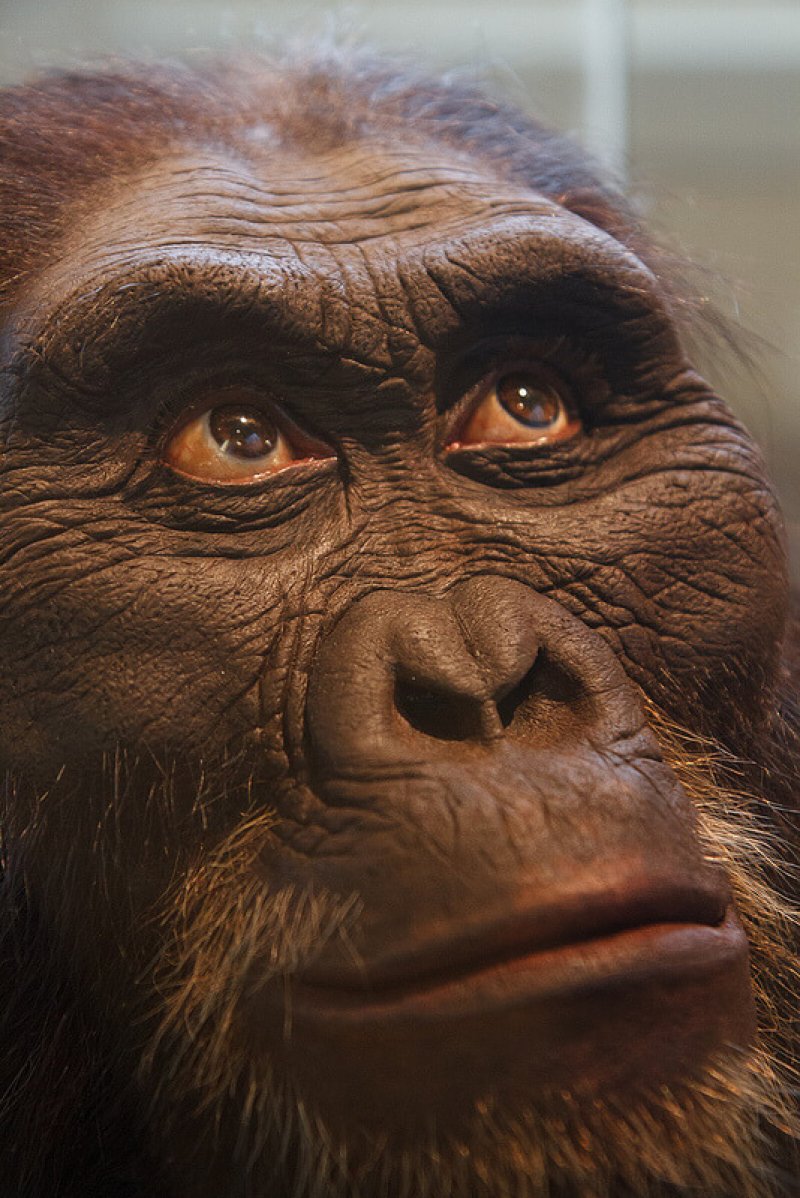The following is an edited excerpt.
What we already know [about human evolution] allows us to construct a fairly convincing outline sketch of human prehistory, and of the natural context in which it played out. What’s more, as members of an intensely curious species that instinctively wants to know the “why” of everything, most of us are naturally interested in knowing more about this drama of human becoming. But in trying to learn as much as possible about our evolutionary background, are we merely satisfying an innate genealogical inquisitiveness? Or can we take this enterprise beyond the satisfaction of superficial curiosity, I would argue that we can, and indeed that only by knowing the nature of the process that produced us can we begin to understand the rather bizarre and contradictory ways in which humans sometimes behave.
Read the full article here: Why Do We Care About Human Evolution Today?































